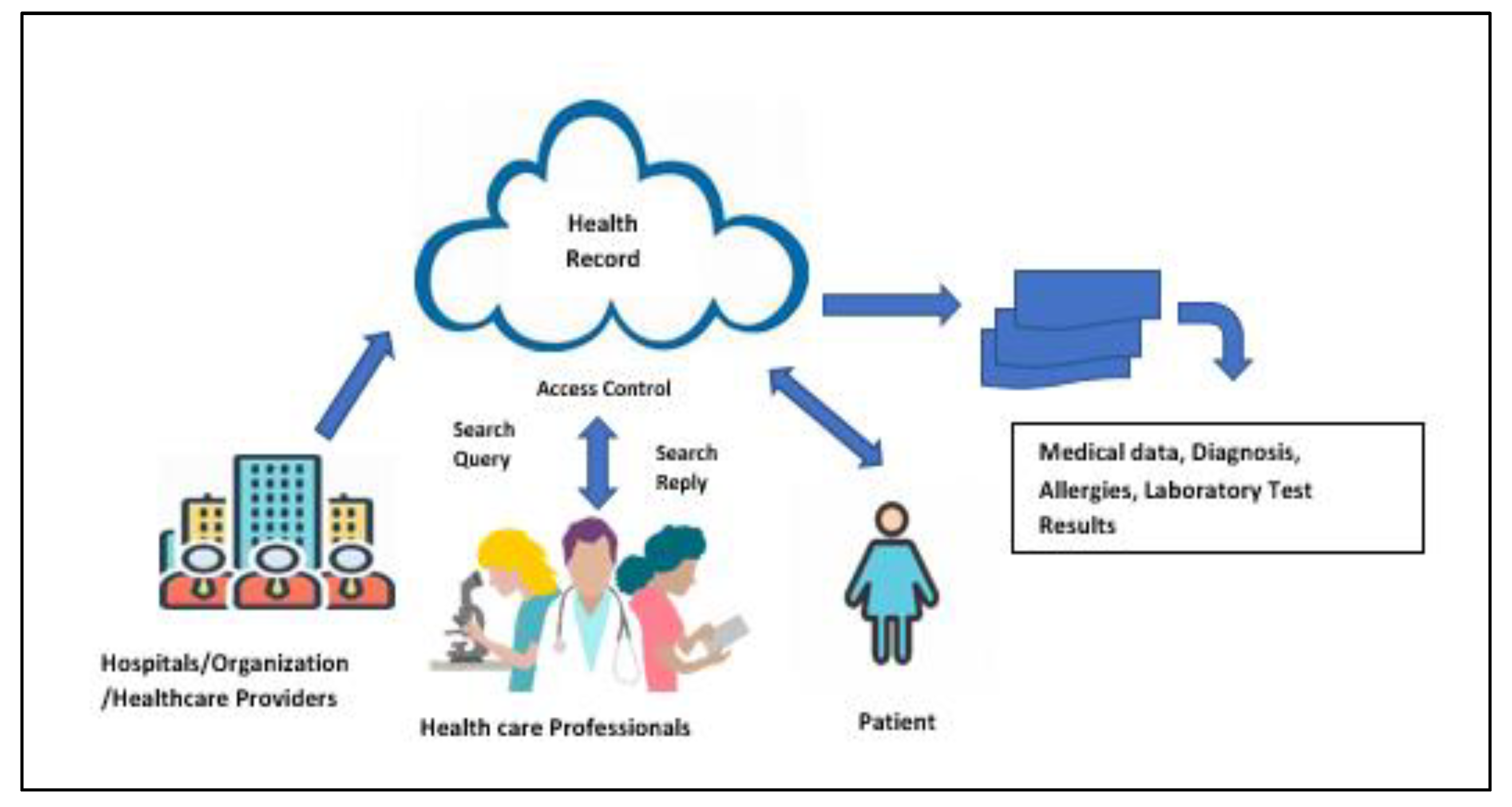
Securing Health Data: Blockchain for Medical Records

Revolutionizing Healthcare: The Role of Blockchain in Medical Records
In the ever-evolving landscape of healthcare, where data security and interoperability are paramount, blockchain technology emerges as a groundbreaking solution. This article explores the transformative impact of blockchain on medical records, ushering in an era of enhanced security, data integrity, and seamless sharing in the healthcare ecosystem.
Blockchain Basics: A Foundation of Trust and Security
At its core, blockchain is a decentralized and distributed ledger technology that records transactions across a network of computers. This distributed nature ensures that information is not stored in a central location, minimizing the risk of data breaches. Each block in the chain contains a timestamped record of transactions, linked to the previous one, creating a secure and tamper-resistant foundation for medical records.
Enhanced Security Measures: Safeguarding Patient Data
One of the primary advantages of implementing blockchain in medical records is the heightened security it offers. Traditional centralized systems are vulnerable to hacking and unauthorized access. Blockchain, with its cryptographic features and consensus mechanisms, ensures that patient data is encrypted, secure, and can only be accessed by authorized parties. This robust security framework is a game-changer in protecting sensitive health information.
Interoperability Unleashed: Seamless Data Exchange